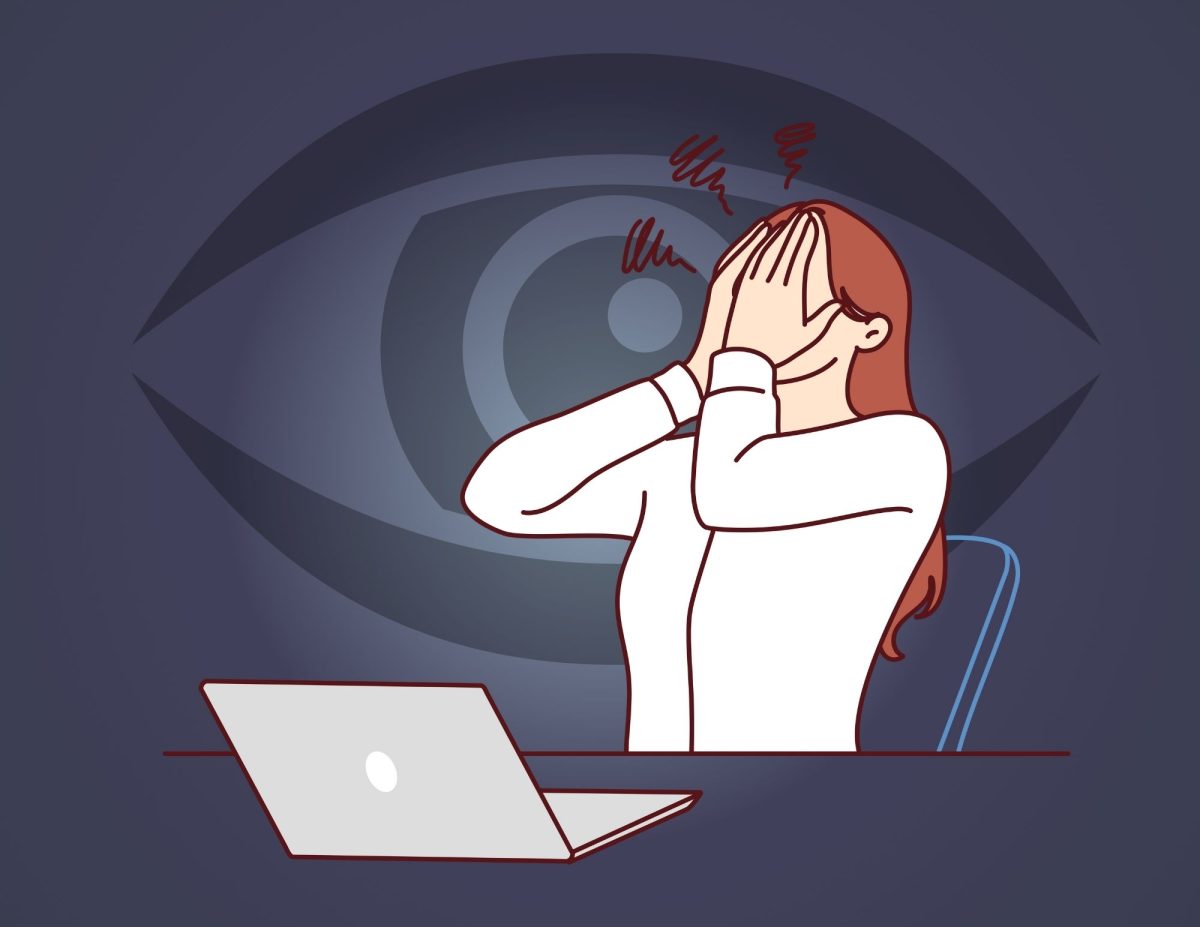It may be hard to admit, but the election of President Donald Trump is the best thing that ever happened to mainstream journalism.
While Trump has continuously accused the The New York Times as having a “failing reputation” and being “inaccurate” in its reporting, it has already gained 276,000 digital subscribers over the past three months; that’s more subscriptions than all of 2015 combined.
In addition to accusing the times of dishonesty, since January, Trump has posted a total of 38 tweets accusing the media as being “fake news.”
Trump’s goal in posting these tweets is to cover up his own lies. By drawing readers away from the news, it focuses our country’s worries on how the media is fake, rather than recognizing the untruths told by our president.
CNN has been a target for Trump’s accusations. Even though it has received a multitude of criticisms, a lot of people still get home, kick off their shoes and click on the CNN evening news to watch the latest on our president.
These bold statements coming from the head of our country shouldn’t discourage the journalists of the world, but rather it should encourage them to seize the opportunity to further their success during this heightened popularity of the media.
It is not, and never has been, a journalist’s job to write glorified advertisements of people. Honesty in a way that is portrayed against an individual will often result in someone’s feathers getting ruffled. Just remember, it’s all part of the job.
David Snyder, director of the First Amendment Coalition, gave a speech about a similar topic to a group of journalists on March 31, in Sacramento, California. Snyder stressed the important role of journalists in the Trump era, and how great journalism becomes from covering his administration.
“Journalism is often at its best when the people being covered are at their worst,” Snyder said.
If this statement is true, Trump makes it easy for journalists to succeed.
At one time, the term “fake news” had a clear meaning behind it. The most obvious definition would be a complete fabrication of the news to then be posted as fact. The most prime examples being reporters like Stephen Glass from The New Republic, or Jayson Blair from The New York Times.
In both cases, the reporters were fired for fabricating facts, sources and stories throughout their careers.
Since Trump took office, the term has been consumed by a definition that is relative to the person who uses it.
Trump himself can be considered a bearer of fake news. To this day, he claims his inaugural crowds were larger than those of former President Barack Obama’s. He holds onto this claim even after the photos of both crowds were compared side-by-side to reveal something different. Trump may be spilling his own version of “alternative facts.”
Even so, can we really blame him?
All politicians lie.
This has been true since the beginning of political hierarchy. Leaders need to lie about their intentions in order to keep a tight grasp on their power.
It must be hard to live with those lies as a representative of a greater body of people.
For that reason, we cannot just blame Trump for lying. There has been plenty other politicians who have lied. Maybe they didn’t do it publicly over social media, but behind closed doors is almost even worse.
Trump may be described as a lot of things. But one thing he isn’t, is a threat to journalists.
The journalists in the U.S., Republican or not, should take a moment to appreciate the journalistically rich four years that we have ahead of us.
Thank you President Donald Trump.







